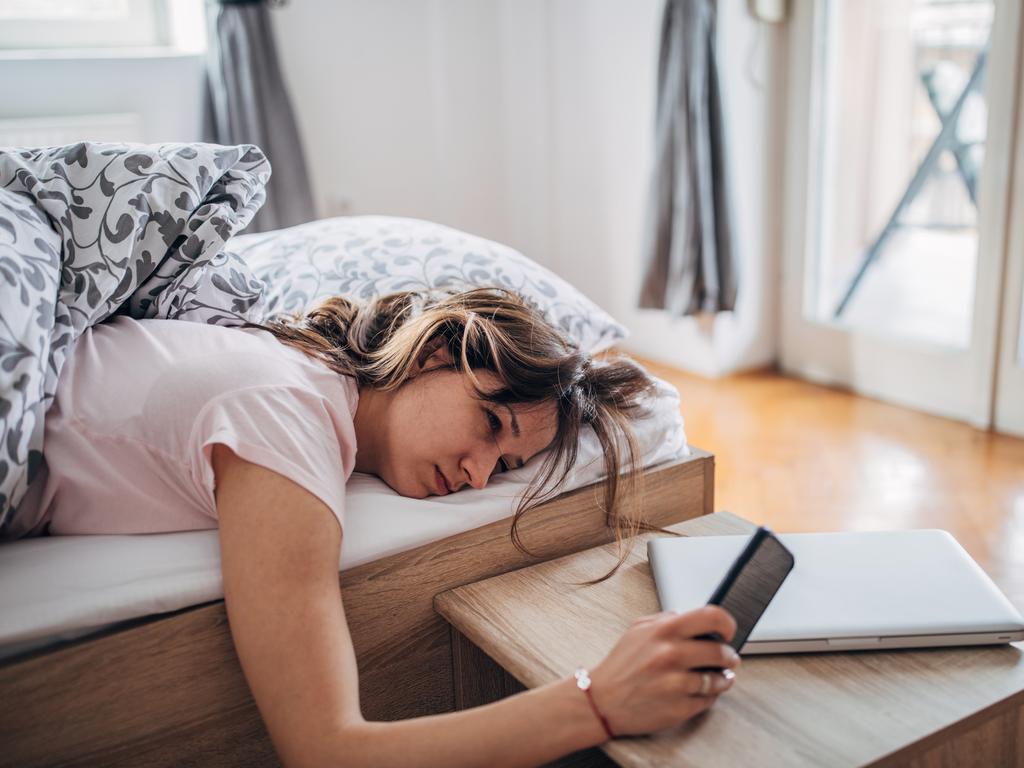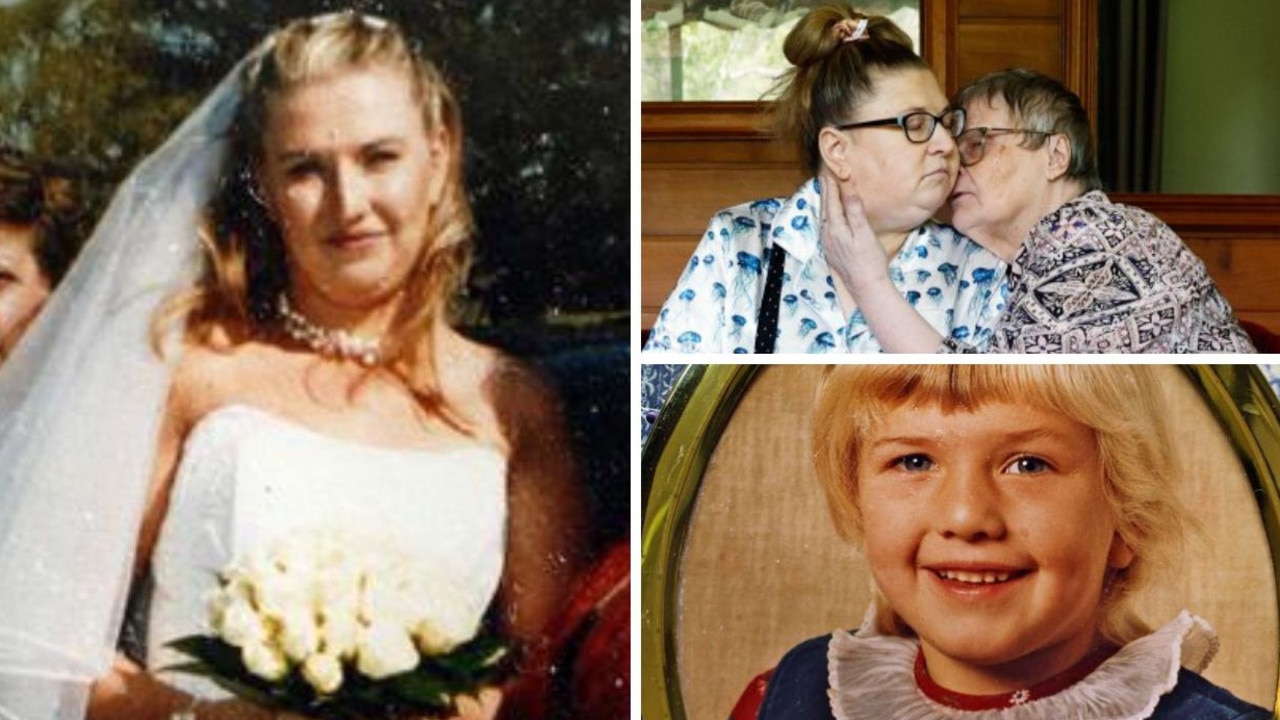Little-known reason why you’re suddenly always tired
A sleep expert has shed light on the unexpected factor that could mean you’re feeling more burnt out at this time of year.

Many Australians have noticed they’re feeling more fatigued, moody, and burnt out at the moment, and a sleep expert says that daylight savings could be to blame.
Online, Aussies have reported feeling “completely exhausted all day” and admitting it takes them “weeks to adjust” every time the clocks change each year.
“I HATE it so much,” another lamented. “It’s like I have jet lag for weeks when daylight savings come in.”
Daylight savings time began three weeks ago on Sunday, October 6, when clocks were brought forward by one hour.
While gaining an extra hour of daylight is a much-welcome perk for many, there’s a hidden downside to the shift which can be felt for weeks afterwards.

Why you might be waking up feeling exhausted
“When daylight savings starts, it’s quite a sudden change to people’s sleep schedules,” Elina Winnel, The Sleep Expert, told news.com.au.
“It takes a little while for your body to catch up … it’s not instant. You can’t adjust overnight, especially if you haven’t adjusted beforehand so you might feel sleep-deprived for a period of time.”
This happens as we suddenly have to wake up an hour earlier, so our body is being disrupted during a different part of our sleep cycle.
Typically it’s in a deeper phase of sleep, which leads to something known as “sleep inertia”, which can leave you feeling groggy, irritable and moody during the day.
“The sleep cycle hasn’t finished, so you’re interrupted halfway through a process,” Ms Winnel explained.
While daylight savings affects everyone differently, certain groups may find the time change particularly challenging.
“Anyone who has a very rigid routine will feel the impact more,” she highlighted, “like school kids or people with strict schedules.”
In contrast, people with more flexible schedules or who are already accustomed to irregular sleeping patterns may adapt more easily.


Daylight savings could lead to feelings of burnout
Another unexpected outcome of daylight savings is the sense of burnout many people feel.
“I feel like there’s more hours in the day, so I do more, which just leaves me feeling run down,” one Sydney millennial told news.com.au.
It’s true that the extra daylight in the evening can give some people the impression that there’s more time to get things done, when in reality, the hours in the day have stayed exactly the same.
As a result, many of us pack more in to our days or do activities in the evening we wouldn’t otherwise do if it was dark, which could lead to feelings of burnout.
“Doing more in daylight hours is going to affect people who are evening people, as we get an extra hour in the evening,” Ms Winnel said.
“If you’re striving to be productive during this time, then the high levels of stress hormones before bed could be detrimental to your sleep.
“If you feel this could be you, I would urge you to consciously choose to do less.”
However, it’s fine if people are doing relaxing or enjoyable things, as that shouldn’t affect your ability to wind down.

How to adjust to daylight savings time in the future
If daylight savings has thrown off your sleep cycle, Ms Winnel suggests taking a gradual approach next time.
“It’s best to start slowly adjusting in the lead-up so it doesn’t feel like such a sudden time change,” she said.
For those who rely on alarms to wake up, she encourages them to try out a vibrating alarm which you can link to a sleep app on your phone.
“It will track your sleep stages and wake you during the lightest phase in a specified time window,” she explained.
Other countries are affected more
Australia isn’t the only country where daylight savings causes sleep issues.
Ms Winnel said that many of her clients who live in places like Norway are affected a lot more, as they will go through extremely long and short daylight days.
In some areas, the sun can be seen for 24 hours a day from late April to late August and in others, there is no daylight for most of November.
For these Scandinavian clients, she will encourage them to create a light or dark environment inside their homes based on the time of day rather than the outside world, to keep their circadian rhythm in check.
Australians suffer ‘burnout’ more than any other nation
In case this news wasn’t reason enough to take stock of your sleeping habits, new data has revealed that Australia is the most burnt out nation in the world.
The worrying findings were published in lululemon’s 2024 Global Wellbeing Report, conducted by independent research agency Edelman Data & Intelligence, which surveyed more than 16,000 people across 15 different countries.
It revealed that although wellness is a significant focus for Aussies, many feel “stuck” in a counter-productive cycle, where the never-ending pursuit of self-optimisation has left people feeling worse than ever.






